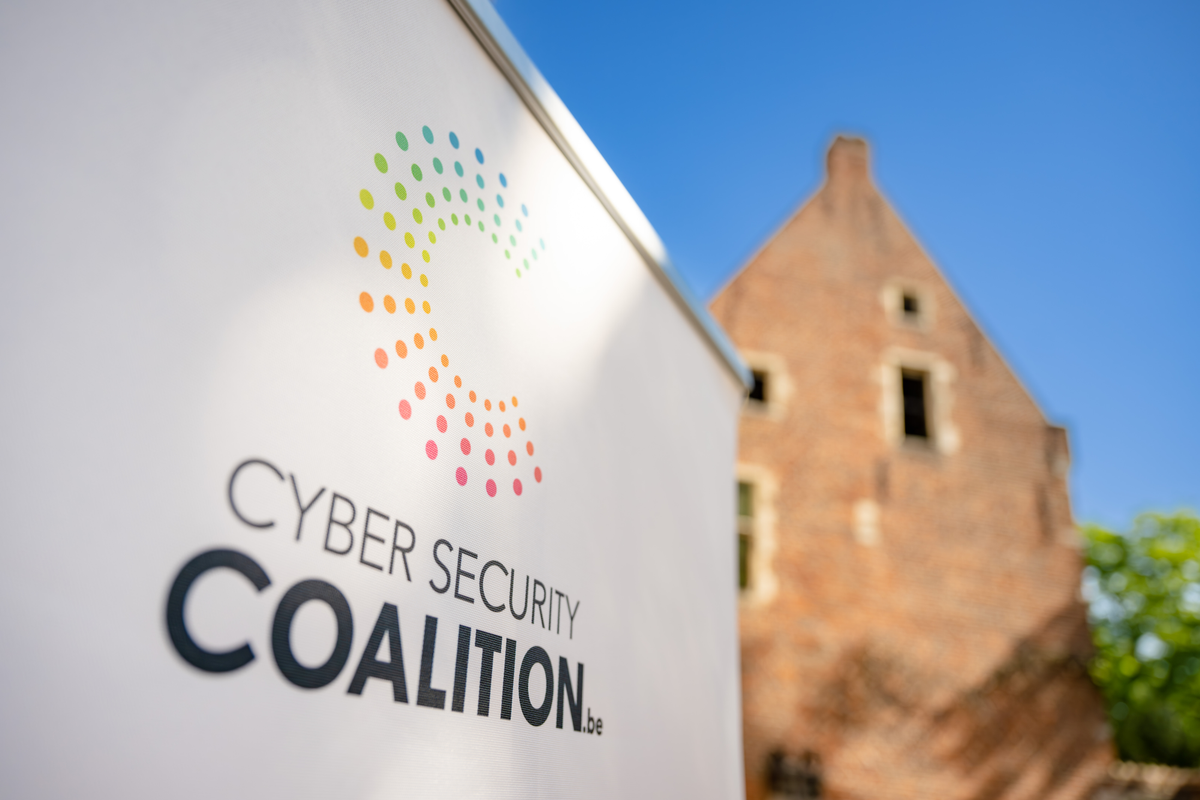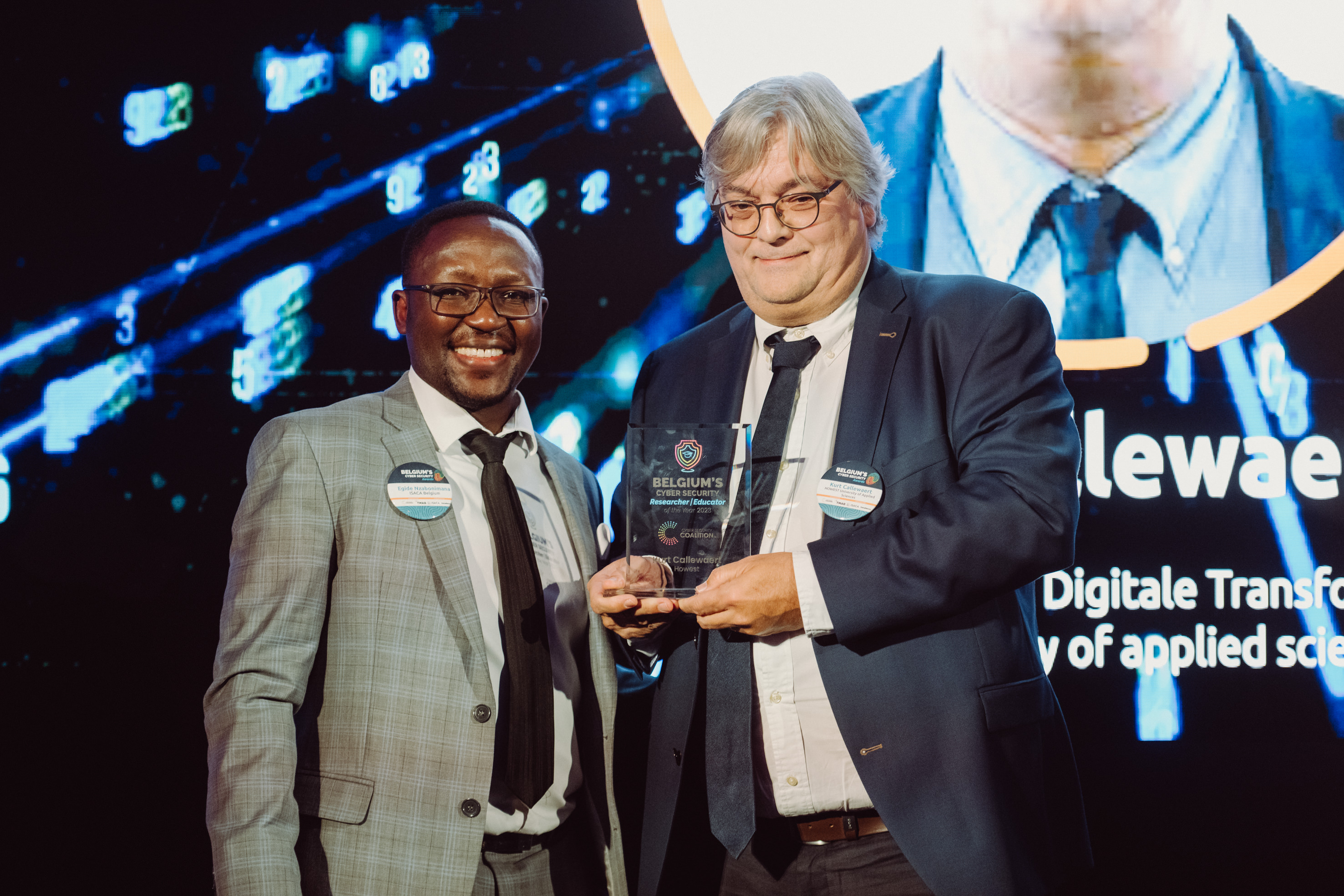Kurt Callewaert: Our economy’s digital transformation is leading to many more cyberattacks. The risks of hacking have increased enormously. And with the new European legislation, companies are obliged to make efforts to improve their security. The need for cybersecurity experts is therefore on the rise. We are inundated by companies with requests for internships, and graduating students are immediately recruited.
Since 2020, we have expanded our pool with international students; we now have about a hundred of them. Existing developers and IT professionals who want to upgrade or reorient themselves can now follow the cybersecurity module online. In these ways, we can deliver many professionals to the economy.
Do new evolutions come with new challenges?
Absolutely. For example, we are in the midst of an energy transition. Traditional fossil energy sources are being phased out, including natural gas from Russia - to the benefit of new, sustainable energy sources, such as the North Sea wind farms. These are sensitive industrial networks that can be hacked, too. To prevent our “friends” from Russia from shutting down the entire network, we are conducting intensive research into the cybersecurity of the offshore network, to ensure we will be able to respond very quickly.
Cybersecurity is a broad domain. Where do you put the emphasis in the training?
Our students are prepared on three fronts. If you compare it to a football team, first and foremost you have the attackers: the hackers. We train ethical hackers who check websites for weak spots. Then there are the defenders, who organise our networks differently in order to better protect them. And finally, there is the Board of the football team: those who conduct risk research, and take into account the legislation. However, while these are three different profiles, we do expect our students to fully master all three pillars.
What does this award mean to you?
Our mission is to provide students with the skills and knowledge they need to meet the challenges of the digital world in the future. This award confirms that we are on the right track at Howest. It is an honour to receive this recognition from the Cyber Security Coalition.
Why should young people choose a cybersecurity course?
It is a fascinating profession. You come into contact with companies and organisations from different domains worldwide. You remain continuously informed of the latest technologies. You play an honourable role in defending our digital society. And last but not least: the salary package is very attractive.
According to you, what are the biggest challenges for our country in the field of cybersecurity?
I see three major challenges. Firstly, we must get everyone onboard. Generally, large companies are already investing a lot in cybersecurity. It is the smaller companies that are often unaware of the dangers. Belgium is a country of SMEs, and we know they are a popular target for cybercriminals. This is why the Flemish government, for instance, provides subsidies through VLAIO for SMEs that want to improve their cybersecurity.
Secondly, everyone within the company must understand what cybersecurity means to him or her. The issues are different for an accountant versus a sales manager, for instance. Personalised training is therefore important.
And thirdly, companies should not consider cybersecurity as a cost, but rather as a quality label. You invest in the quality and safety of your services, and the structure and stability of your company. This will become more and more important in future.


